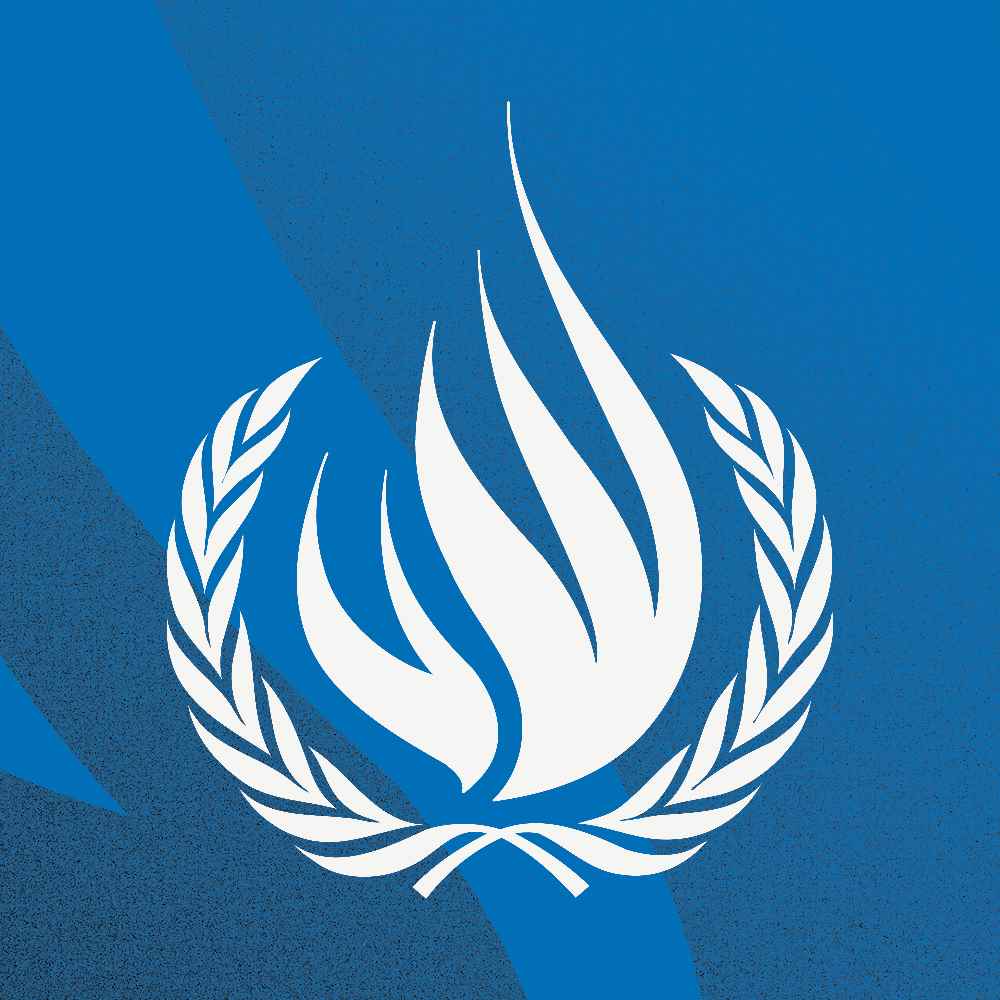
ABU DHABI– The United Arab Emirates’ (UAE) commitment to the equality of women and men puts the country in an ideal position to effectively address outstanding challenges in preventing violence against all women and girls on its territory, the UN Special Rapporteur on violence against women and girls, Reem Alsalem said today.
“The Government of the UAE has conveyed the message that full and effective participation of women in society is a national priority that requires an all-society approach. I was impressed by the strong level of awareness that all stakeholders had of this policy priority and the extent to which it has been integrated into all aspects of governance and daily life in the UAE,” Alsalem said.
In her end of mission statement, the Special Rapporteur welcomed significant reforms that the UAE has made to its legal frameworks to enhance protections available for women and girls in the UAE against different forms of discrimination, violence and abuse, in the private and public sphere. Expatriate workers, including domestic workers, have benefited from improved recruitment, work conditions and pay, thereby contributing to their economic empowerment and protection at the workplace, including against different forms of harassment and abuse, she said.
Alsalem said the UAE has significantly invested in bolstering the welfare and needs of women and girls in situations of crisis, including those caused by climate change, through direct implementation and in support of frontline international and local organisations, by encouraging participation of affected women and girls and emphasizing self-reliance and resilience. The Special Rapporteur called on the UAE to use its leverage on the international and regional stage to reduce the violence that women and girls are subjected to during conflict.
Despite progress made, authorities did not underplay the challenges that they continue to face in improving the prevention and response to violence against women and girls, Alsalem said.
“All interlocutors I met with acknowledged specific challenges that the UAE’s unique make-up introduces to the ability to effectively detect and reach out to specific groups victims of violence or those at risk of violence, who may have gone undetected, unprotected or left behind, particularly non-Emirati women,” the expert said.
An estimated 89% of the population of the UAE is comprised of expatriates that belong to more than 200 nationalities.
She called on authorities to outreach to persons at particular risk of abuse and violence, standardise and professionalise referral mechanisms, protection and assistance programmes for all victims of violence including non-Emiratis to address these challenges.
Alsalem also urged the UAE to improve collection and dissemination of disaggregated data, and strengthen access to justice and accountability, particularly for crimes of domestic violence, sexual exploitation and trafficking.
“State-sponsored initiatives aimed at providing livelihood support to disadvantaged and vulnerable Emirati women could be extended to female migrant workers in situations of risk and vulnerability,” the Special Rapporteur said.
She said that in view of the UAE’s positive engagement on empowering women, and its refusal to shy away from tackling hurdles, the conditions are in place to address these gaps.
During her 10-day visit, the Special Rapporteur travelled to several emirates and met with government representatives, representatives from international organisations, civil society organisations, academics and private businesses.
Alsalem will present a full report on her visit to the UN Human Rights Council in June 2025.
Ms. Reem Alsalem (Jordan), Special Rapporteur on violence against women and girls, its causes and consequences, since 1 August 2021.
The Special Rapporteurs are part of what is known as the Special Procedures of the Human Rights Council. Special Procedures, the largest body of independent experts in the UN Human Rights system, is the general name of the Council’s independent fact-finding and monitoring mechanisms that address either specific country situations or thematic issues in all parts of the world. Special Procedures’ experts work on a voluntary basis; they are not UN staff and do not receive a salary for their work. They are independent from any government or organization and serve in their individual capacity.
UN Human Rights, country page: United Arab Emirates
For more information and media requests, please contact: Yasmine Ashraf (yasmine.ashraf@un.org), and hrc-sr-vaw@un.org
For media inquiries related to other UN independent experts please contact Dharisha Indraguptha (dharisha.indraguptha@un.org)
Follow news related to the UN’s independent human rights experts on Twitter: @UN_SPExperts.









